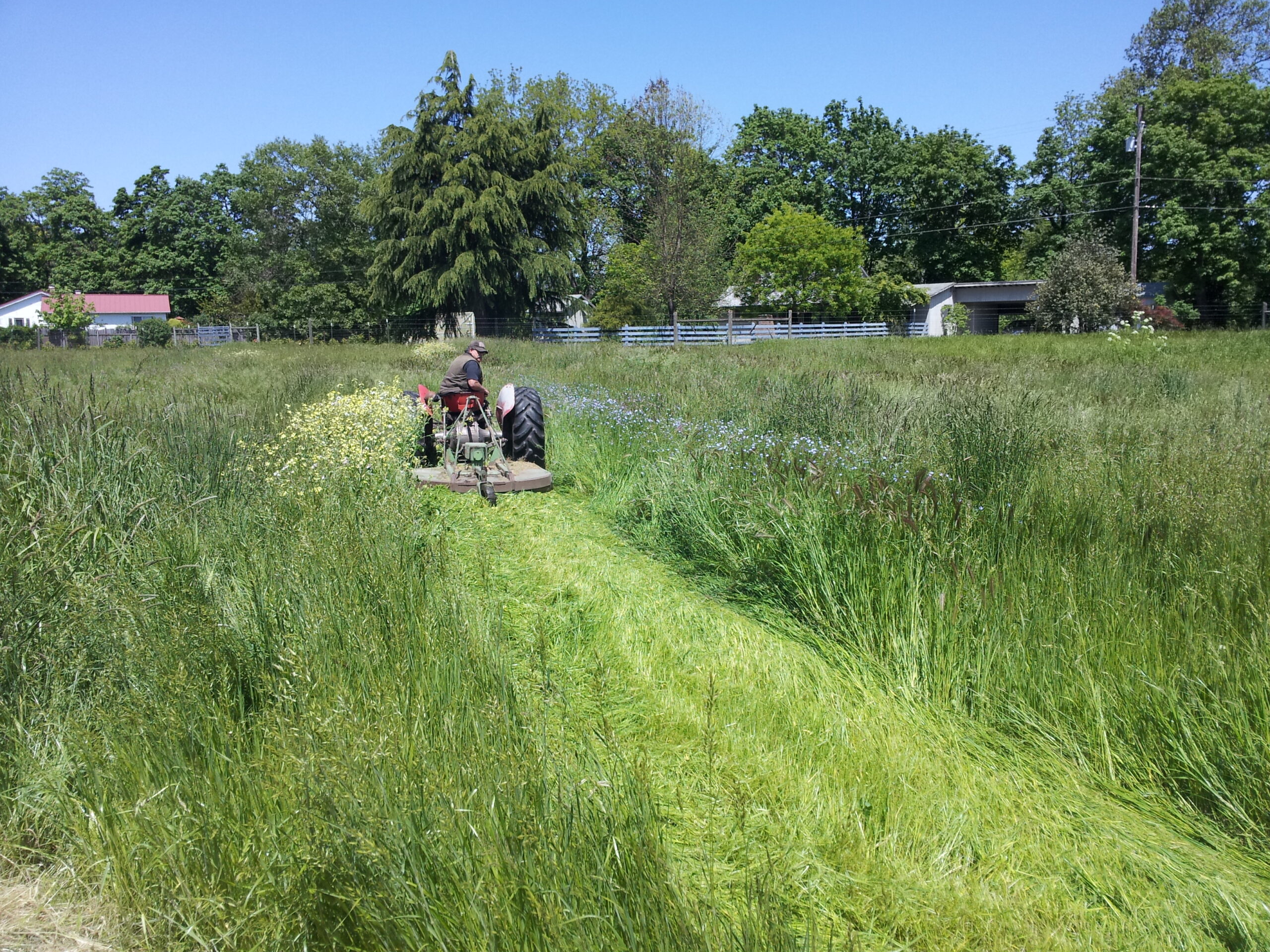Endo Granular
Granular Endomycorrhizal Fungi inoculum consists of 4 selected species of endomycorrhizae. About 80% of the world’s plant species form with these types of mycorrhizae. These beneficial fungi greatly increase the effective rooting area of plants thereby enhancing plant growth, vigor and tolerance of environmental extremes. Endo Granular contains mycorrhizal fungi that colonize roots and extend into the surrounding soil forming an essential link between plant and soil resources. They greatly increase the root’s ability to absorb water and nutrients, while improving plant vigor and health.
Granular
4 species Endomycorrhizae
60,000 Endo Progagules per lb.
Packaging Options: 40 lb. bags, 125lb. & 300lb. Bulk Barrels, 1,000lb. Tote bag
Pallet: = 50 x 40 lb. bags.
For Pricing: [email protected]

